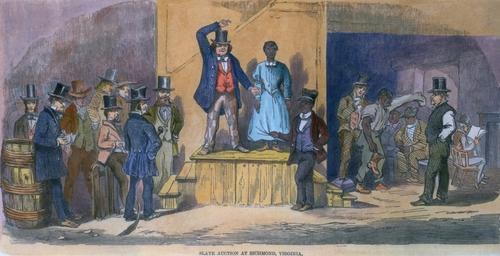ABSTRACT: Employing critical methods of postcolonial literary studies and feminist theories, this paper investigates Juárez femi(ni)cides arguing that they are not just a massive heinous crime but a result of a socio-economic system of structural inequalities pertaining to cultural and social constructions of class, race, gender, and citizenship in the specific region of U.S.-Mexico borderlands. Not only are the Juárez killings an example of brutal violence against women, they also serve to point to the globalizing processes that amplify the androcentric instrumentalization of women’s bodies under capitalism and (post)colonialism. The analysis of the intersecting categories is framed by Gloria Anzaldúa’s literary conceptualization of the U.S.-Mexico border.
Keywords: U.S.-Mexico border; femicides/feminicides; gender; androcentrism; maquiladoras; Ciudad Juárez


